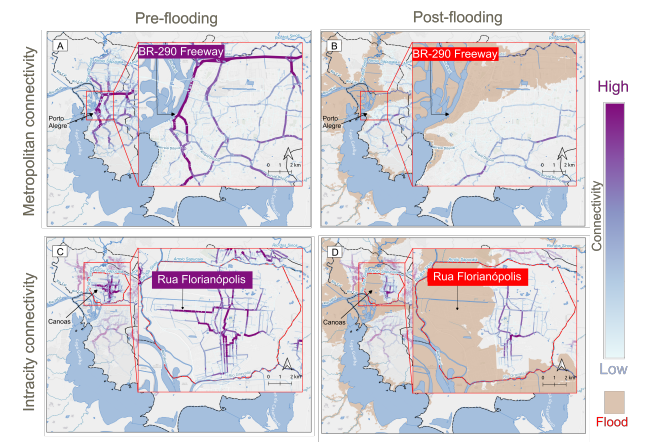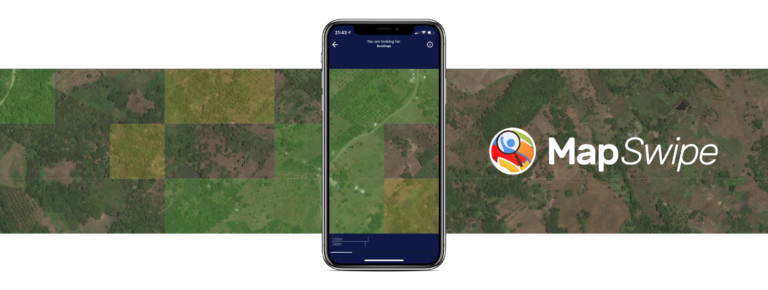We are happy to annouce two higly interesting upcomming presentations in the GIScience colloquium in the next weeks. Everybody interested is invited to join the presentations and the discussion afterwards.
The use of geoinformatics at the German Red Cross
Katharina Lorenz, DRK e.V. ‑ Generalsekretariat, Berlin
Mon, January 27, 2.15 pm (Lecture Hall (room 015), Im Neuenheimer Feld 348)
The German Red Cross (GRC) and the Heidelberg Institute for Geoinformation Technology (HeiGIT) have been working together since 2017. This collaboration increased awareness at the GRC of how geoinformatics could support GRC’s projects in disaster risk reduction. Thus, a dedicated position for an advisor for geoinformatics was created at the Headquarter in Berlin in Autumn 2019. GRC is also in the process of becoming a Missing Maps member.
The presentation is going to give insights in particular how Missing Maps will be used on the international level, e.g. to support forecast-based financing projects but also on the national level. Here it is planned to introduce the Missing Maps concept to the regional and district offices of the GRC and equip them with the necessary tools to conduct Mapathons independently without support from the Headquarter.
Building a baseline of health facility data in OpenStreetMap
Markus Herringer, healthsites.io, Amsterdam, NL
Mon, February 10, 2.15 pm (Lecture Hall (room 015), Im Neuenheimer Feld 348)
The Global Healthsites Mapping Project is building an open data commons of health facility data with OpenStreetMap. We believe that by leaning on the methods and infrastructure of OpenStreetMap, baseline health facility data can be maintained.
Saving health facility data to OpenStreetMap improves interoperability and harnesses the contributions of citizens, academic institutions, businesses and organisations who use the data in their daily operations. In addition to cost savings, improved health facility data supports epidemic preparedness, immunization programs, disaster response, Maternity care and Health capacity planning.
When a natural disaster or disease outbreak occurs there is a rush to establish accurate health care location data that can be used to support people on the ground. This has been demonstrated by events such as the Haiti earthquake and the Ebola epidemic in West Africa. As a result, valuable time is spent establishing accurate and accessible baseline health data. Healthsites establishes this data and the tools necessary to upload, manage and make this data easily and readily accessible.





